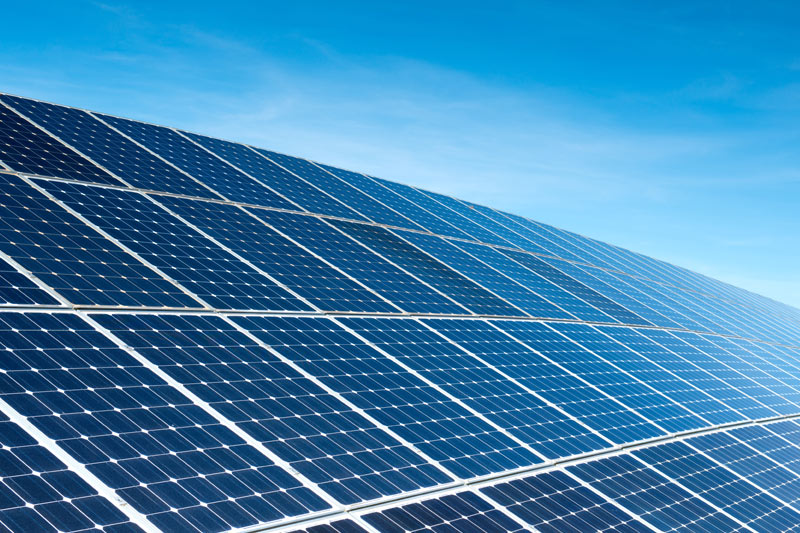Street Calls of the Week
* New market boss says Australia paving way for renewables
* Market chief calls for two-way use of rooftop solar
* Better demand management can limit need for new generation
* Industry warns electricity prices to stay high
MELBOURNE, March 28 (Reuters) - Australia can manage the risks of its rapid shift toward renewable energy by managing demand and taking better control over rooftop solar output, the new head of the country's electricity market operator said on Tuesday.
Audrey Zibelman, who oversaw a rebuild of New York's ageing grid following widespread blackouts during Hurricane Sandy, said Australia was at the forefront of efforts to integrate renewable energy into an existing electricity network.
Managing peak demand and improving data to tap energy from rooftop solar and batteries, should limit the need for new generation and keep prices from rising, Zibelman, who started last week as chief executive of the Australian Energy Market Operator, told an industry forum.
Soaring electricity and gas prices have become a hot political issue in Australia amid a shift to wind and solar power and the closure of coal- and gas-fired power stations, which have led to power outages.
Declaring the nation is facing an "energy crisis", Prime Minister Malcolm Turnbull has criticised the rapid shift to renewable energy and taken steps to expand hydro storage, boost gas supplies and launched a probe into electricity prices.
Zibelman, formerly chairwoman of the New York Public Service Commission, said Australia could "show the rest of the world that this new technology is not threatening."
Her comments came as the market operator released its final report on a state-wide blackout that hit wind power-dependent South Australia last September.
Zibelman plans to focus her efforts first on ensuring the national grid is secure and reliable ahead of next summer, following a blazing summer when there were six power cuts across various parts of eastern Australia.
She then plans to look at how market rules should be changed to deal with rapidly evolving technology and the growth of renewable energy.
"If we compensate people who invest in batteries or distributed generation on their side of the meter and we really create a two-way system ... we don't necessarily have to invest in generation we're only going to use a few hours a year," she said.
Other industry executives at the forum, however, warned that electricity prices are unlikely to drop anytime soon, due to tight gas supplies.
"I don't see electricity prices coming down fast, soon," Steve Masters, chief executive of South Australian transmission operator ElectraNet, told the business forum.
The main factor driving up power prices was rocketing gas prices, because under the current bidding system in the electricity market, the most expensive source of power, which is gas-fired generation, sets the half-hourly prices.
